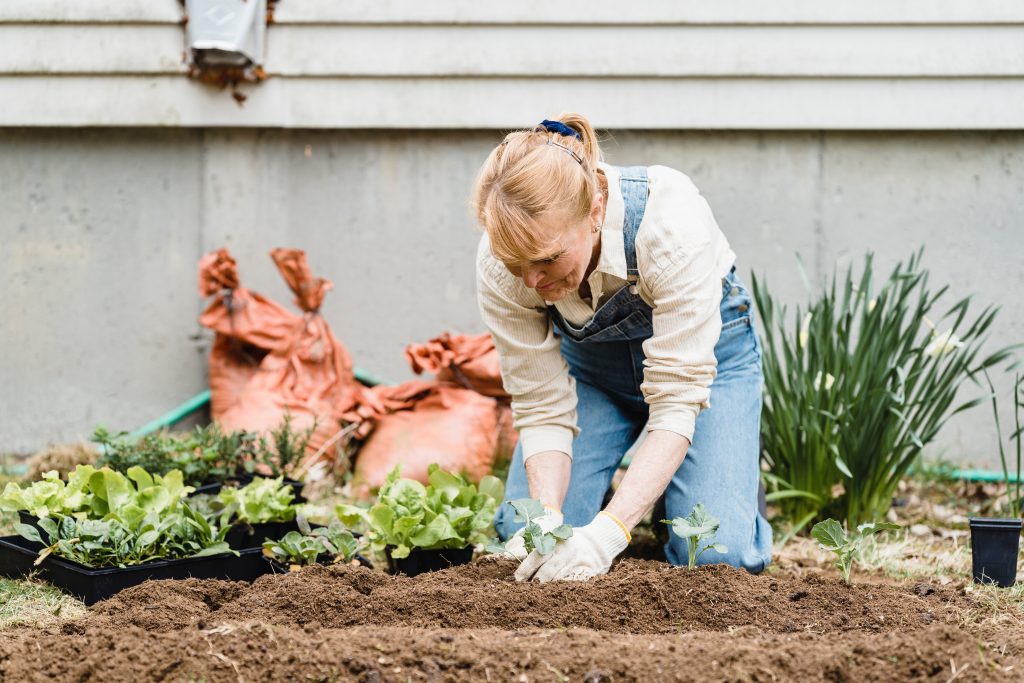Can Alcoholism Begin After Retirement?
Retirement can feel like a huge relief, but it can also bring some major adjustments. As the pressures of working life fade, new stressors often emerge, including boredom, isolation, depression, and health concerns. Many older adults find themselves looking for new ways to cope—and a surprising number find themselves turning to alcohol.
We tend to think of alcohol use disorder (AUD) as a disease that younger people grapple with. But although that can be true, retirement-aged adults are not immune. The baby boom population is aging, and the percentage of Americans over 65 is predicted to almost double by the year 2050. This could translate into alcoholism among the elderly becoming an issue of great importance.
If you’re in your 60s or 70s, here is a closer look at the trends around drinking in retirement, some reasons your drinking (or that of your peers) may be increasing, and how to avoid it.
What the Statistics Show

According to a 2017 analysis cited by the National Institutes of Health (NIH), alcohol use among people aged 60 and over has increased steadily during the past 2 decades. This is especially true among women. And while we often associate this with younger people, other data reveals that around 11 percent of adults over the age of 65 engage in binge drinking.
While excessive drinking is never healthy, older adults face some unique risks. As people age, they can become more sensitive to the effects of alcohol. This means that a smaller amount can cause greater levels of intoxication, putting them at greater risk for falls, auto accidents, and other drinking-related injuries.
Excessive drinking is also known to worsen a number of health conditions common among the older population, including high blood pressure, diabetes, liver problems, osteoporosis, memory issues, and even congestive heart failure.
Finally, many common medications can be dangerous or even fatal when mixed with alcohol.
How To Avoid Drinking Too Much After Retirement
It’s well-known that alcohol use disorder is harmful to a person’s health and social relationships—and it’s also well-known that few people ever develop this problem intentionally. So, what’s the best way to stay within reasonable limits, and avoid becoming a problem drinker in retirement?
The most common definition of moderate drinking is up to one drink per day for women, and up to two per day for men. Weekly, that’s a maximum of 7 drinks for women and 14 for men. Drinking more than this amount increases the odds that you will experience health problems or injuries.
Beyond sticking to these limits, here are some things you can do to help you (and those around you) keep a healthy relationship with alcohol.
Assessing Your Drinking
One way to assess your drinking is through observation. Have you noticed that you are drinking more often at certain times of day, in certain situations, or relative to particular emotions such as boredom, sadness, or isolation? Are you relying on alcohol to boost your mood? The following are common signs of problem drinking:
- Relationship issues related to drinking such as arguing or avoiding loved ones.
- Drinking heavily when you are alone
- Financial problems due to overspending on alcohol
- Alcohol-related physical or mental health issues (including frequent hangovers, a weakened immune system, or feeling depressed or irritable)
- Continuing to drink regardless of the consequences
If you’re unsure whether you’re drinking a healthy amount, take our free alcohol use assessment. This 11 question survey can help you assess your drinking habits, or those of someone you care about.
Finding Alternative Activities/Combating Isolation

Heavy drinking is often the result of isolation, boredom, and feeling unproductive. By the time you are in your 60s or 70s, your days of full-time employment and raising a family are likely behind you, and you can find yourself with more free time than you know what to do with. It is essential to find some alternative ways to enjoy your time, and to be around others. The good news is, there are many ways to do this. Here are just a few examples:
- Exercise. Exercise strengthens your body, increases your energy, and boosts your mental and emotional health. There is a wide range of options to match your physical capacity—from joining a gym, to watching yoga videos online, or taking regular strolls outdoors.
- Rediscover old hobbies or find new ones. If you are no longer working 40 hours a week, there is ample time to do what brings you joy. That can mean playing an instrument, painting, gardening, refinishing furniture, and more.
- Take day trips. Chances are there are many beautiful locales within driving distance: parks, botanical gardens, and landmark architecture. Or, look into a day tour company in your area, and invite a friend or two to join you.
- Plan a potluck dinner. Perhaps you can provide the main dish and ask friends to bring sides and desserts. You can even combine it with a game night. This is a great way to stay connected with friends and former coworkers.
- Volunteer Your Time. Volunteering can make you feel productive and energized. There are few things quite as uplifting as helping others in need. You can search local human services agencies online to explore the options. An animal shelter, food cupboard, Goodwill store, senior center—the opportunities are vast.
Read more: 29 Things To Do Instead of Drink Alcohol
Discussing Alcohol Amongst Your Peers
It can be awkward in certain social situations to discuss your decision not to drink. It can also be hard to address the topic of excessive alcohol use in general, especially since it is less associated with older adults. Friends and peers in your age group may dismiss the issue, or assume that if you don’t drink you must be a recovered alcoholic.
If you decide to cut back or stop drinking as you enter retirement, be open about it with your friends and tell them you’d appreciate their support. And if you notice your peers are abusing alcohol, here are some tips for starting the dialogue:
- Choose the right time. Avoid approaching the conversation when they’ve been drinking or are stressed. Rather, find a time when you’re both relaxed and in a receptive state of mind.
- Lead with compassion and concern. Explain how their drinking could affect their health, safety, and relationships. Express your concern for them and their well-being.
- Be prepared for pushback. It is common for people to get defensive or even deny there is a problem. Be patient, and expect that it may take more than one conversation
- Have a plan. Offer some resources in case they’re ready to get help. Look for local Alcoholics Anonymous meetings, or programs that may be a good fit. Offer to give them a ride or accompany them for moral support.
Check out more Resources For Friends and Family
Sticking With Healthy Limits
The important thing is to find out what a healthy amount of alcohol looks like for you, and to maintain that balance. Try to recognize when you are using alcohol as a crutch for isolation or other negative emotions, or are experiencing any of the negative consequences listed above. Finding meaningful activities and connecting with others can help significantly.
If you are concerned about your relationship with alcohol, Ria Health can help. Our telehealth-based program can support you from the comfort of your own home, without any stigma or even requiring you to identify as an alcoholic.
Find out more about how it works, or get in touch with one of our counselors today.
Will insurance cover treatment? Verify Coverage
Have Questions? Call (800) 504-5360



